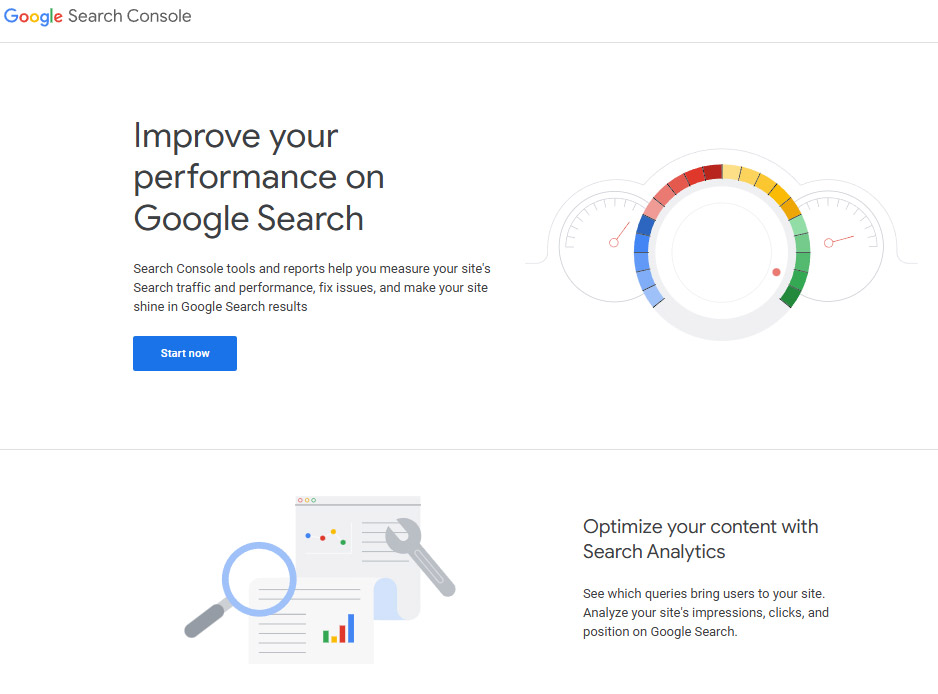There’s one surefire way to monitor your website’s rankings on Google: an essential element of every SEO strategy. But here’s the thing-you can’t simply Google your target keywords to see where you rank. Google personalizes results depending on location, language, and device, among other factors. That means that performing a manual check is unreliable, even in incognito mode.
It takes more than good guesses to comprehend how your site fares in search results; it requires dependable tools and the right strategies. In this guide, we will discuss the best ways to track your ranking accurately, interpret the data correctly, and make the right decisions to enhance SEO performance.
Why Manual Ranking Checks Don’t Work
I think using the Google search engine to check the keyword ranking for your website might look as a direct and the most uncomplicated way, but in fact there are several reasons why it isn’t the best way of checking. It can give a perspective but I cannot reasonably explain the numerous other factors that makes this quite unreliable.
Recommendations
Manual check bears another problem with Google search usage and that is the intended search results. What you get from Google can depend on how many sites you have visited, where you are, and what phone you’re using. For instance, how someone from the USA would search a keyword and expect to get different results from someone searching from Canada. In my opinion, it is absolutely useless trying to gauge how your content performs across national borders without tools that remove this distortion.
Changes
How many units do you think are in the rankings? Units more or less which differ during specific periods of the day at particular regions or depending on the time spent interacting with one of Google’s factors for ranking. Even one inch I managed to see was moving the scroll up and down on the (SERP) page. Therefore, getting up and checking again would not be a viable option for the situation.
However, this micro view is precisely what enables one to realize how one is performing in terms of the concealing the keyword performance model. In other words, would be to wait for an hour for such constant pieces of information to vanish.
SERP Features
First conclusion which doesn’t limit itself to one which vaguely glance, a haphazard glance at a list of links is that epistolary culture still thrived during the era of “Google”. One thought and posed the question: what would be next repertory other than such features as carousels, knowledge panels, PAA etc that nowadays make up approximately around the first pages only of search engines? Such components tend to elevate organic standard results which would lie far below it and may force the PageRank process into a tremendous undertaking therefore without difficult PR processes I haven’t been able to find them.
I think it’s a good idea to use some specialized tools for tracking the ranking of keywords to get accurate and actionable ranking information. These tools ignore personalization filters, take changes into consideration, and offer a more uniform picture of what is happening with your content around the world. Manually checking keywords is good in some sense but does not come anywhere near the effectiveness and much higher frequency of automation tools.
Google Ranking Checker and Tracker Tools
Let’s dive in and look at some of the best ranking tracking tool options out there and how to effectively use them.
Keyword Rank Checker: Quick Checks for Individual Keywords
Ahrefs’ free Keyword Rank Checker lets you plug in a target keyword, specify your website, and select a location to show you your ranking position.
Here’s how you use it:
- Input your keyword and the URL of your website.
- Choose your preferred target location-in country or city.
- Click “Check rankings” to see your position, estimated search traffic, and the top 10 search results.
This tool is ideal for quick, one-off checks to gauge your ranking for a specific keyword.
Google Search Console: Analyze Up to 1,000 Keywords
 |
Google Search Console gives a free overview of your website’s performance in search results directly from Google. It’s an amazing way to find what keywords you are ranking for that you may not know, or maybe even intended to target.
To access ranking data:
- Create a free GSC account and verify your website.
- Go to the Search Results report, and by activating the metric called Average Position, you will be able to see your ranking for as many as 1,000 keywords.
The GSC is an important tool; however, it has two very significant shortcomings:
- Keyword Limit: You can only see data on up to 1,000 keywords, which is not enough for more massive sites.
- Averages: Ranking positions are represented in the form of an average, so this may not correctly reflect fluctuations or any specific positions.
Ahrefs Webmaster Tools: Unlock Advanced Ranking Insights
Ahrefs Webmaster Tools overcomes many of Google Search Console’s limitations. By signing up for a free AWT account, you open more advanced ranking insights via the Organic Keywords report into:
- All keywords your site ranks for.
- The ranking difficulty for each keyword.
- Search volume and estimated traffic for each keyword.
- Exact URLs ranking for those keywords.
This tool provides a comprehensive overview of your rankings and can reveal hidden opportunities for optimization.
Ahrefs Rank Tracker: Monitor Rankings Over Time
For ongoing tracking of multiple keywords, Ahrefs’ Rank Tracker is a robust solution. This tool provides:
- Scheduling rank position updates.
- Keyword performance trend analysis: where improvements and declines are gauged with keyword tracking.
- Localized tracking by state, city, or ZIP code is also available for local SEO campaigns.
- Competitor analysis for comparing your rankings against competitors.
What makes the Rank Tracker so valuable in identifying long-term trends and refining your SEO strategy is its capability to track keyword performance over time.
Effective Tips for Rank Tracking
To make the most out of your ranking data and achieve meaningful insights, consider implementing these best practices in your SEO strategy:
Be Patient with the Results
In my experience, one of the most important things to remember about SEO is that it requires patience. Think of it as a marathon, not a sprint. Even the most optimized content won’t yield immediate results. Based on industry surveys, the majority of SEO professionals agree that it can take anywhere from three to six months before you start seeing significant improvements in your rankings.
This delay is due to the time it takes for your content to earn backlinks, establish authority in your niche, and gain traction with Google’s algorithms. It’s essential to keep this in mind and manage your expectations accordingly. Consistent effort and a focus on quality content will pay off over time.
Understand SERP Features
Modern search engine results pages (SERPs) are far more complex than they used to be. They now include features like knowledge panels, carousels, and featured snippets. These elements can dramatically impact how your content is presented to users and influence your overall visibility. One key insight I’ve gained is that different rank-tracking tools handle these features differently.
For example, some tools treat each SERP feature as an independent ranking position, while others might not include them in the ranking count. This discrepancy can lead to confusion when comparing data across tools. To avoid misunderstandings, familiarize yourself with how your chosen tracking tool categorizes and calculates rankings in relation to these features.
Focus on Trends, Not Daily Fluctuations
In my opinion, it’s crucial to look at the bigger picture when tracking rankings. Google’s algorithm undergoes frequent updates, which means search results are constantly shifting. Daily fluctuations are not only common but also expected, so fixating on these short-term changes can lead to unnecessary stress and overreaction. Instead, focus on observing long-term trends.
A gradual, sustained drop in rankings may indicate an issue that requires immediate attention, while minor, day-to-day variations are usually nothing to worry about. By maintaining this perspective, you can channel your energy into proactive strategies rather than reactive adjustments.
FAQs about Rank Tracking
Why Are Keywords Important?
Keywords are the terms your users will use to get content online. Targeting correct relevant keywords will ensure that your content meets user intent and drives appropriate traffic, improving visibility.
Why Should I Track My Google Rankings?
Your ranking in Google search results has an immediate consequence on organic traffic. While the first position has a 9.28% CTR, second and third positions have a CTR of 5.82% and 3.11%, respectively. Knowing the ranking helps you to identify areas for improvement and hence prioritize optimization efforts.
How to Improve My Rankings?
While Google considers many ranking factors, the following are ones you can work on:
- On-Page SEO: Ensure title tags, meta descriptions, and content are optimized for target keywords.
- Content Quality: Ensure to publish long, in-depth, valuable content that completely satisfies user intent.
- Backlinks: Build high-quality backlinks from authoritative and relevant websites.
- User Experience: Ensure the speed of loading is fast enough, it’s mobile-friendly, and the navigation is intuitive.
Final Thoughts
Accurately monitoring your Google rankings is essential in understanding your website performance and refining your SEO strategy. Through tools like Ahrefs, Google Search Console, and others, you are able to gauge keyword performance to make data-driven decisions.
Remember, SEO is an investment that pays in the long run. Build quality, substantial backlinks, and create quality content. Monitor your trends over time. With time and persistence, rankings-and traffic-will keep improving.
